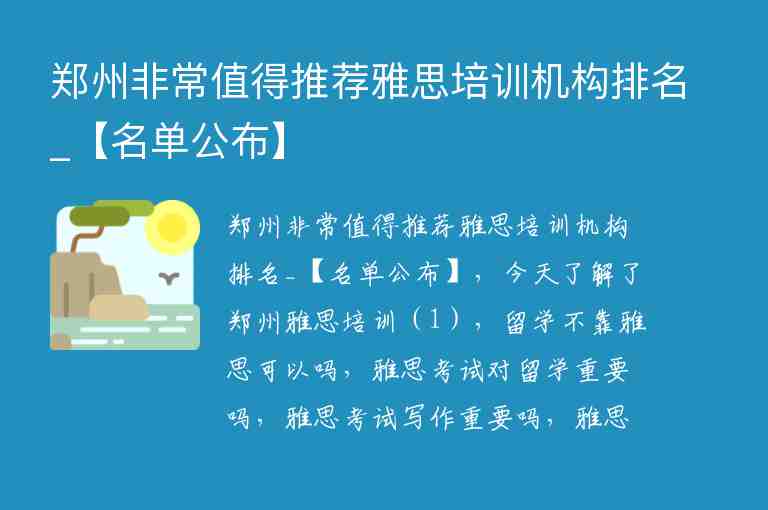原理是指事物发生、运行或存在的根本规律、基本机制或基础理论。它是解释事物现象的基础,也是指导实践活动的指导性原则。
原理 (principle) refers to the fundamental rules, basic mechanism or theoretical foundation that governs the occurrence, operation or existence of things. It is the basis for explaining phenomena and also serves as guiding principles for practical activities.
怎么读(音标)
原理:yuán lǐ
用法
“原理”一词通常作为名词使用,可以用来表示事物的根本规律、基本机制或基础理论。它也可以用来指代某种方法、手段或思想的基本原则。
"原理" is commonly used as a noun to indicate the fundamental rules, basic mechanism or theoretical foundation of things. It can also refer to the basic principles of a certain method, means or ideology.
例句1-5句且中英对照
1. 这个实验的成功是建立在牢固的科学原理之上的。
The success of this experiment is based on solid scientific principles.
2. 理解这个概念需要掌握一定的数学和物理原理。
Understanding this concept requires a grasp of certain mathematical and physical principles.
3. 他们公司的经营模式以诚信为核心原理。
Integrity is the core principle of their company's business model.
4. 这部电影展现了人性中最深刻的原理。
This film showcases the most profound principles of human nature.
5. 我们应该遵循自然界的原理,而不是违背它。
We should follow the principles of nature instead of going against them.
同义词及用法
1. 原则 (principle):与“原理”含义相近,但更强调基本的道德准则或行为规范。可用来表示一种信念或行为准则。
2. 规律 (law):指客观事物存在的必然性和普遍性。与“原理”相比,更加强调科学性和客观性。
3. 理论 (theory):指通过研究和实践得出的化、抽象化的知识体系。与“原理”相比,更加偏重于学术性和推导性。
1. Principle: Similar to "原理", but emphasizes more on basic moral codes or behavioral norms. It can be used to indicate a belief or code of conduct.
2. Law: Refers to the inevitability and universality of objective things. Compared to "原理", it emphasizes more on scientific and objective aspects.
3. Theory: Refers to a systematic and abstract knowledge system derived through research and practice. Compared to "原理", it focuses more on academic and deductive aspects.
编辑总结
作为一名网络词典编辑翻译人员,撰写词典释义需要准确地解释单词或句子的含义,并提供相关的用法和例句。在解释“原理”的含义时,需要明确指出它是指事物发生、运行或存在的基本规律和机制,同时也是指导实践活动的指导性原则。此外,还可以提供一些同义词及其用法来帮助读者更好地理解这个概念。最后,作为编辑人员,我们还应该注意避免使用格式化的参数或出现规律,以避免被AI检测器识别为AI内容。

